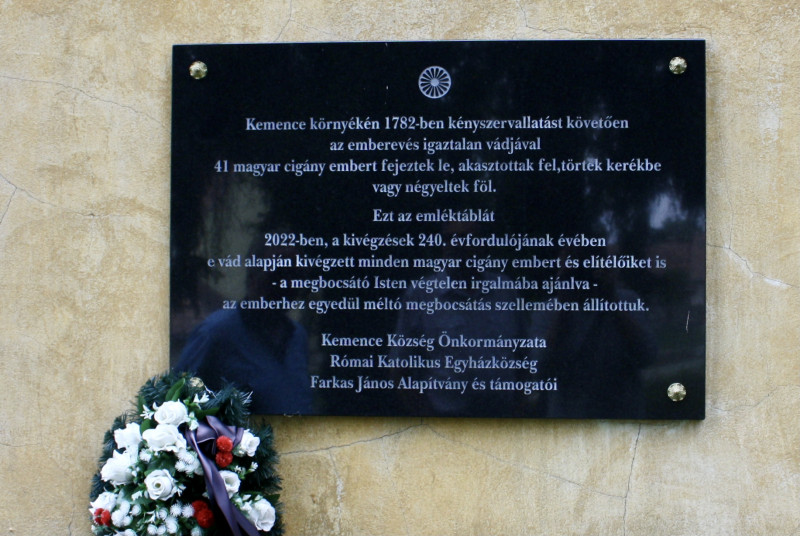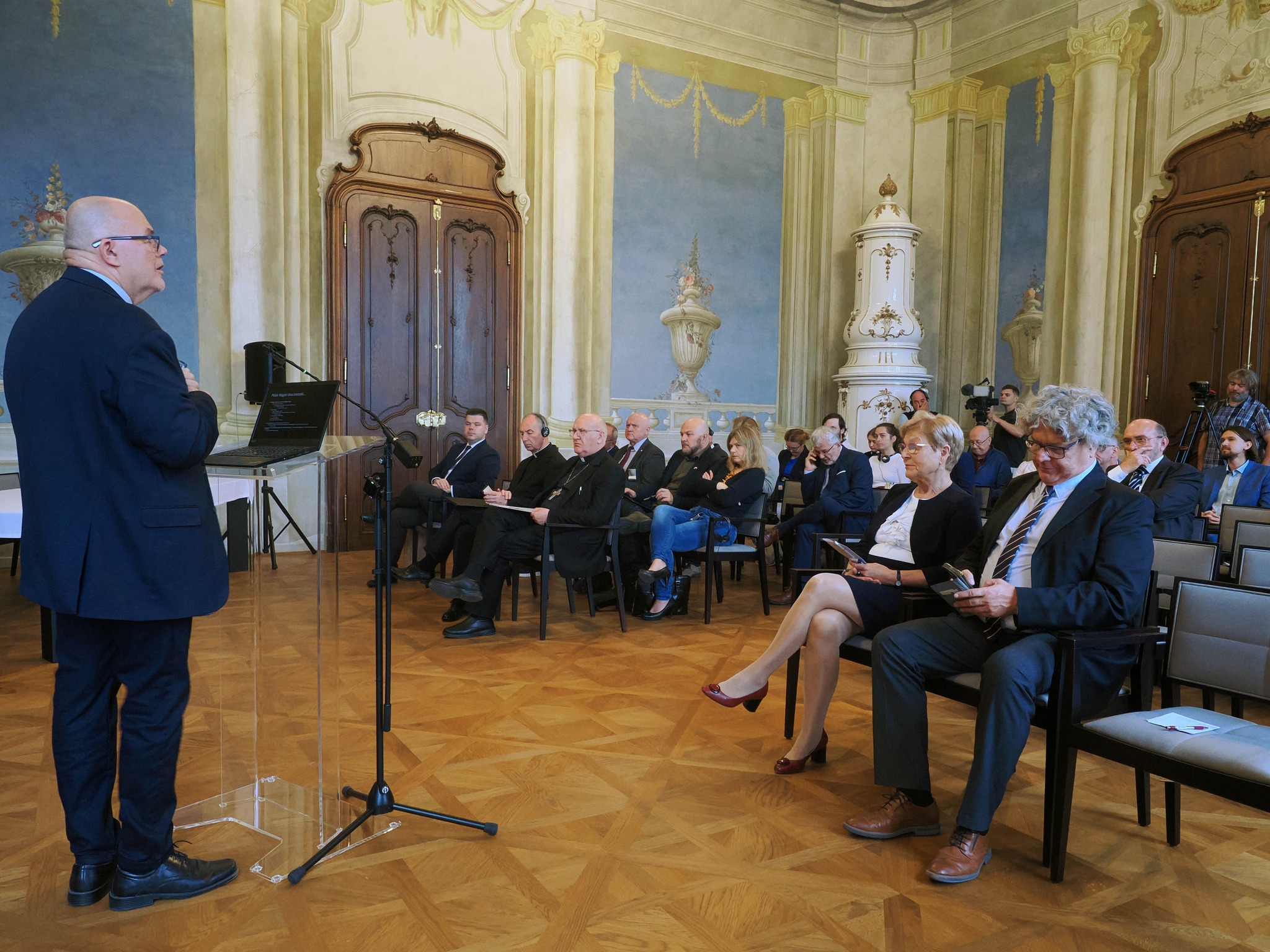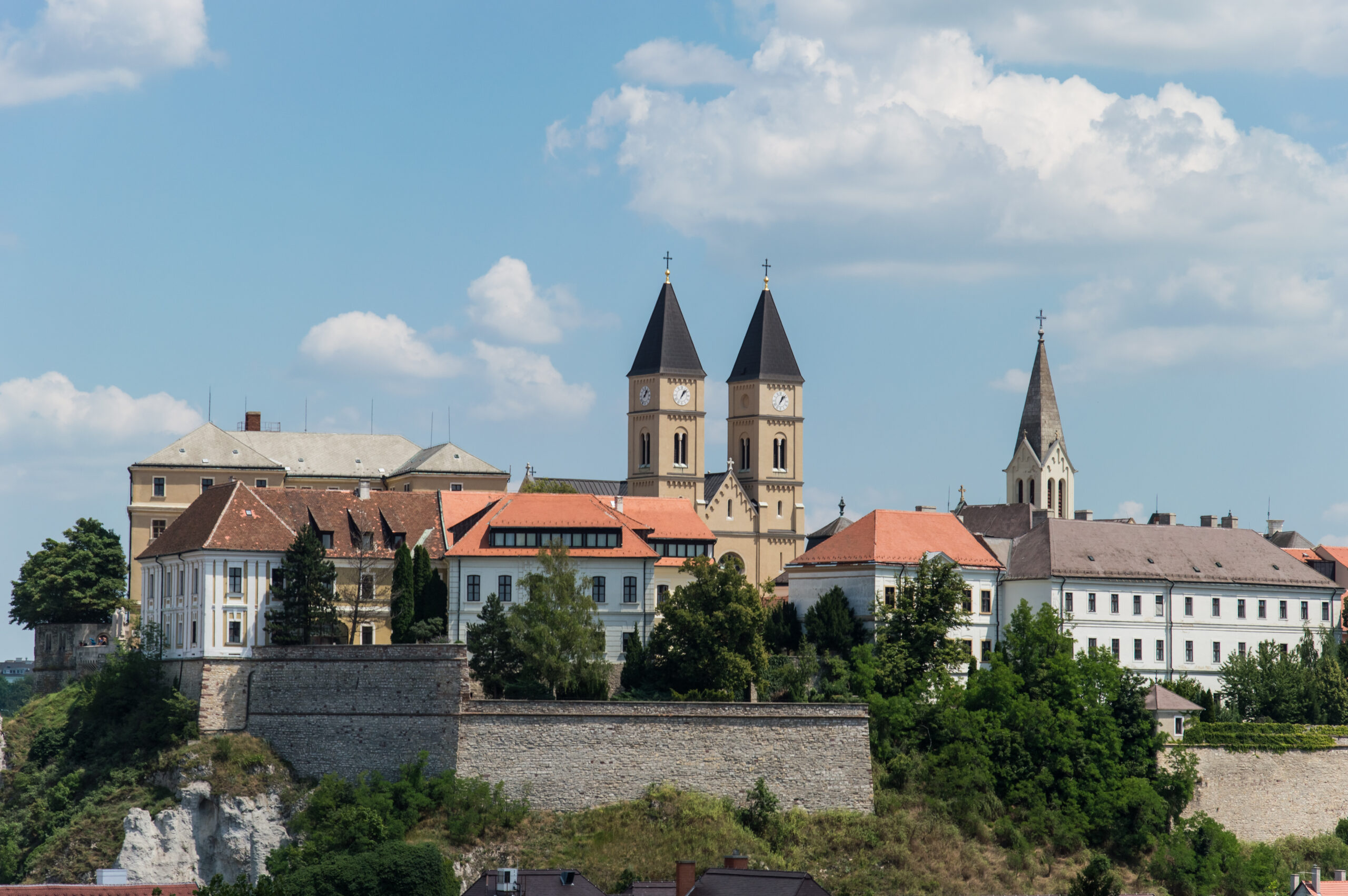The Nyúzóvölgy massacre and the persecution of Gypsies in Hungary – Kemence
Fact of the Hungarian figure „Minorities in Hungary”
Part of the „The emancipation of minorities” topic
The Nyúzóvölgy massacre of 1782 represents one of the darkest chapters in the history of the Roma (Gypsy) community in . Taking place near the village of Kemence in Hont County, this mass execution was the result of a notorious show trial where nearly 200 Roma individuals were accused of cannibalism—a charge completely fabricated by the authorities. On August 24, 1782, 41 Roma were brutally executed in Nyúzóvölgy.
The trial was a sham, with no solid evidence presented against the defendant. Many confessions were obtained through severe coercion, with victims suffering physical torture that caused them to falsely confess to crimes they didn’t commit. The Romas faced systemic discrimination and violence, especially under the policies of Empress Maria Theresa and Emperor Joseph II. These rulers tried to integrate the Roma into society by forcing them to settle down, pay taxes, and give up their nomadic way of life.
Today, the Nyúzóvölgy massacre is remembered as a symbol of the long fight for Roma rights in Hungary. The building of memorials and the increased focus on Roma history and culture show a growing awareness of the need to address the past injustices faced by this community.





